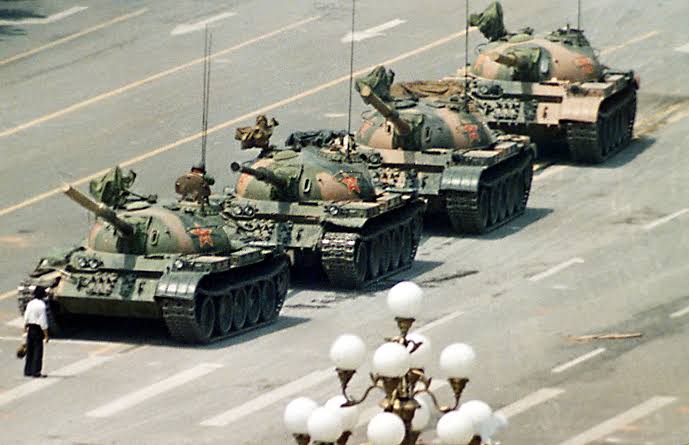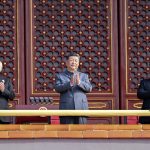Last week marked the 36th anniversary of the 1989 Tiananmen Square massacre. Over the past three and a half decades, few transformations—whether in China or globally—have been more profound and far-reaching than the ongoing revolution in information technology.
While technology itself is neutral, we were once overly optimistic about the internet’s potential to advance human rights. Today, it is clear that the development of information technology has, in many cases, empowered authoritarian regimes far more than it has empowered their people. Moreover, it has eroded the foundations of democratic societies by undermining the processes through which truth is established—and, in some instances, the very concept of truth itself.
Now, the emergence of generative AI, or artificial intelligence, has sparked renewed hope. Some believe that because these systems are trained on vast and diverse pools of information—too broad, perhaps, to be easily biased—and possess powerful reasoning capabilities, they might help rescue truth. We are not so sure.
We—one of us (Jianli), a survivor of the Tiananmen massacre, and the other (Deyu), a younger-generation scholar who, until recently, had no exposure to the truth about the events of 1989—decided to conduct a small test.
We selected two American AI large language models—ChatGPT-4.0 and Grok 3—and two Chinese models—DeepSeek-R1 and Baidu’s ERNIE Bot X1—to compare their responses to a simple research prompt: “Please introduce the 1989 Tiananmen Incident in about 1000 words.”
https://www.rfa.org/english/opinions/2025/06/09/opinion-china-tiananmen-ai/
This article first appeared in Radio Free Asia on June 9, 2025
























